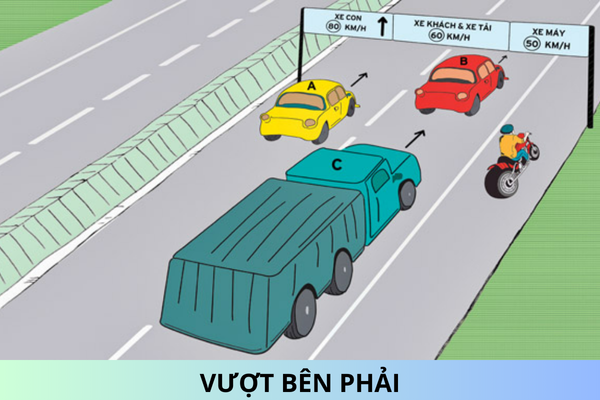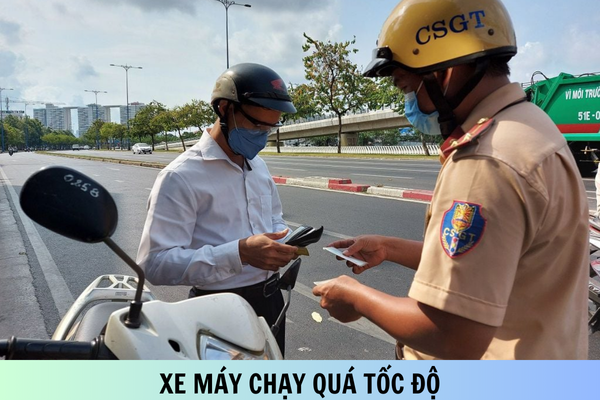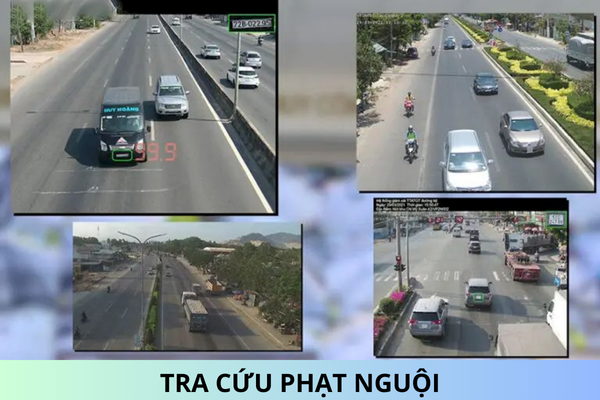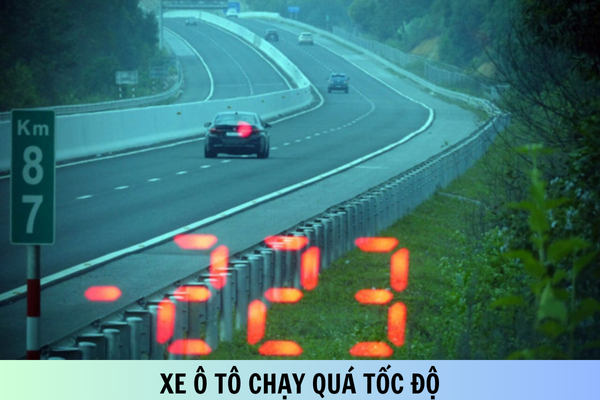At What Age is One Subject to Criminal Liability?
Based on the nature and level of danger to society of the acts defined in the Criminal Code, crimes are classified into less serious crimes, serious crimes, very serious crimes, and particularly serious crimes.
Less serious crimes are those causing insignificant harm to society where the maximum penalty is up to 3 years of imprisonment. Serious crimes are those causing significant harm to society where the maximum penalty is up to 7 years of imprisonment. Very serious crimes are those causing substantial harm to society where the maximum penalty is up to 15 years of imprisonment. Particularly serious crimes are those causing exceptional harm to society where the maximum penalty is over 15 years of imprisonment, life imprisonment, or the death penalty.
According to Article 12 of the Criminal Code regarding the age of criminal responsibility, persons aged 16 and above are held criminally responsible for all crimes, while persons aged 14 and above but under 16 are held criminally responsible for very serious intentional crimes or particularly serious crimes.
Therefore, persons aged 14 and above but under 16 will only be considered for criminal responsibility when they commit very serious intentional crimes or particularly serious crimes (whether intentional or unintentional).
According to Article 202 of the Criminal Code, the crime of "violating regulations on operating road vehicles" involves unintentional fault and the maximum penalty is 15 years of imprisonment (classified as a very serious crime). Hence, individuals under 16 years old will not be criminally prosecuted for this crime.
Regarding administrative violations, according to Article 5 of the Law on Handling of Administrative Violations 2012, persons aged 14 to under 16 are subjected to administrative penalties for intentional administrative violations; persons aged 16 and above are subjected to administrative penalties for all administrative violations. Thus, although the act of your child shows signs of an administrative violation, it was done unintentionally and when the child was under 16, so your child will not be fined for this particular act.
Regarding compensation for damages, as per the Civil Code, in this case, the parents of the person causing the accident are obligated to compensate the victim's family for the damages. The compensation level depends on the actual damages occurred and the degree of fault of the parties involved.
Civil law encourages the parties to negotiate and mediate. If the negotiation and mediation do not yield results, the victim's family has the right to file a lawsuit in court. The compensation level will be adjudicated by the court based on legal regulations.
Sincerely.










